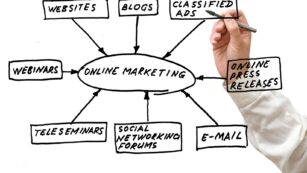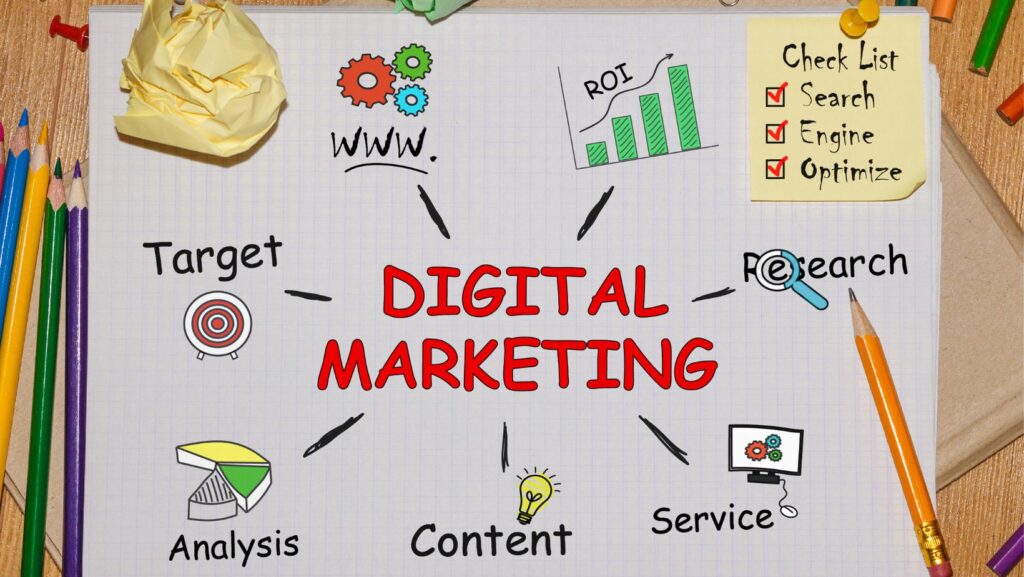In today’s fast-paced digital landscape, efficiency is key to successful marketing. Marketing workflow tools have emerged as essential assets for teams aiming to streamline processes and enhance collaboration. These tools not only help in organizing tasks but also ensure that every team member stays aligned with the overall strategy.
Marketing Workflow Tools
Marketing workflow tools significantly enhance team productivity and project management. These tools encompass various functions designed to automate routine tasks, providing marketing teams with the necessary resources to focus on creative strategies and decision-making.
Types of Marketing Workflow Tools
Project Management Tools
 Project management tools aid in organizing marketing initiatives, tracking tasks, and ensuring deadlines are met. They offer features such as:
Project management tools aid in organizing marketing initiatives, tracking tasks, and ensuring deadlines are met. They offer features such as:
-
Task Assignment: Assigning tasks to team members with specific due dates helps maintain accountability.
-
Progress Tracking: Visual boards, such as Kanban charts, provide real-time updates on project statuses.
-
Collaboration Features: Comment sections and file-sharing options facilitate communication among team members, enhancing collaboration.
Popular examples include Asana, Trello, and Monday.com, which offer various integrations to enhance workflow efficiency.
Automation Tools
Automation tools simplify repetitive tasks, allowing marketers to focus on strategy and creativity. Key functionalities include:
-
Email Campaign Automation: Automating email sequences enables timely follow-ups and personalized messaging.
-
Social Media Scheduling: Scheduling posts in advance across multiple platforms saves time and ensures consistency.
-
Lead Management: Automating lead scoring and nurturing enhances conversion rates and streamlines the sales pipeline.
Tools like HubSpot and Mailchimp are notable for their robust automation features.
Reporting and Analytics Tools
 Reporting and analytics tools provide insights into campaign performance, crucial for data-driven decision-making. They typically encompass:
Reporting and analytics tools provide insights into campaign performance, crucial for data-driven decision-making. They typically encompass:
-
Dashboards: Customizable dashboards offer real-time visibility into key performance indicators (KPIs).
-
Data Visualization: Graphical representations of data simplify the analysis of trends and outcomes.
-
Automated Reporting: Regular reports can be generated automatically, providing insights without manual input.
Google Analytics and Tableau are examples of tools that offer extensive reporting capabilities to help teams assess and improve marketing efforts.
Choosing the Right Marketing Workflow Tool
 Selecting a suitable marketing workflow tool requires careful consideration of several key factors.
Selecting a suitable marketing workflow tool requires careful consideration of several key factors.
-
Identify Specific Needs: Understand the unique requirements of the marketing team. Tasks such as project management, content scheduling, and analytics need to be addressed specifically.
-
Evaluate Features: Assess essential features such as task automation, collaboration capabilities, and reporting functionalities. Ensure the tool supports project tracking and provides real-time insights.
-
Consider Scalability: Choose a tool that adapts to growing business needs. A scalable solution can accommodate increased project complexity and team expansion.
-
User Experience: Ensure the interface is user-friendly. A tool must be easy to navigate to facilitate quick adoption among team members.
-
Integration Compatibility: Check compatibility with existing applications. The right tool should seamlessly integrate with CRM, social media, and email marketing platforms.
-
Budget Constraints: Establish a budget before exploring options. Consider costs against the expected ROI to make informed financial decisions.
-
Trial Periods: Utilize free trials or demo versions. Testing a tool before purchase allows an assessment of its practicality in real-world scenarios.
-
Gather Team Feedback: Involve team members in the selection process. Their insights provide valuable perspectives on usability, features, and potential improvements.
Making an informed choice enhances marketing workflow efficiency and overall campaign success.
Case Studies of Successful Implementations
 Real-world examples illustrate the effectiveness of marketing workflow tools in driving success. Companies that have embraced these tools often report significant improvements in team collaboration and project management. By automating routine tasks and streamlining communication, teams can allocate more time to strategic initiatives.
Real-world examples illustrate the effectiveness of marketing workflow tools in driving success. Companies that have embraced these tools often report significant improvements in team collaboration and project management. By automating routine tasks and streamlining communication, teams can allocate more time to strategic initiatives.
Businesses leveraging tools like HubSpot or Asana have seen enhanced creativity and productivity. These platforms enable seamless integration of various marketing functions, allowing teams to work more efficiently. As a result, organizations not only meet deadlines but also achieve their marketing goals with greater consistency.
Ultimately, the right marketing workflow tool can transform how teams operate, fostering a culture of innovation and responsiveness. Investing in these solutions is a crucial step toward achieving sustained growth and success in the competitive digital landscape.

